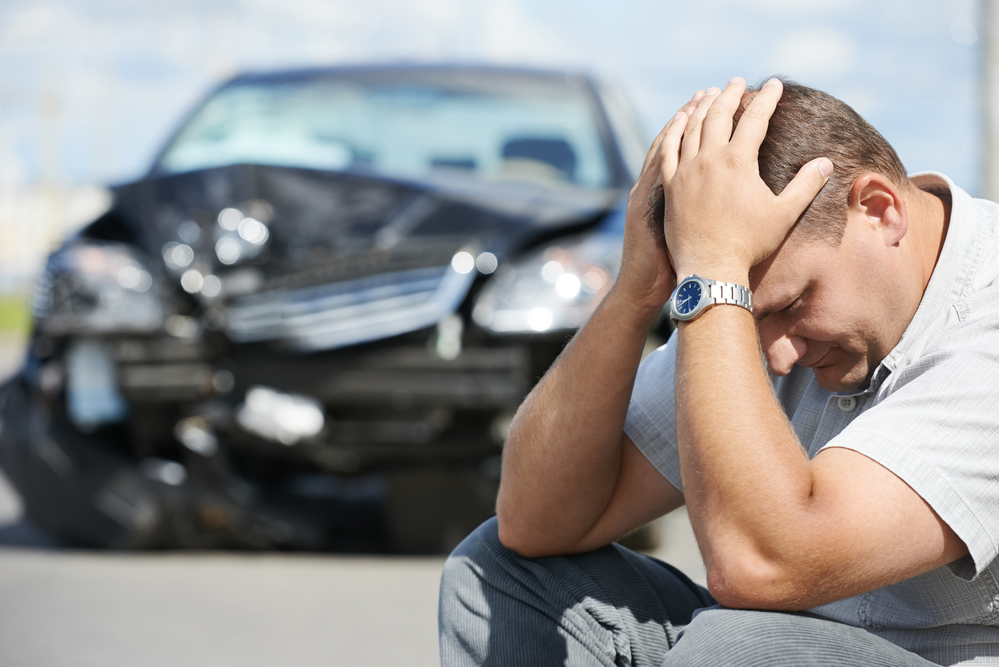
Car accidents are always stressful. Even if there is minimal damage and minimal injury, the process of successfully navigating the financial, legal and bureaucratic aftermath of any accident can be more of a burden than the incident itself.
Most people are unprepared for the potential legal and financial peril of a car accident. They don’t realize the jeopardy they may face in the event of a dispute, or a murky legal situation, or a rejected insurance claim. These are problems best solved before they happen, which is why it is vitally important drivers prepare themselves far in advance.
Here are some things to consider in the aftermath of a car accident.
Remain Silent
Under absolutely no circumstances should you make a statement to police. Whether or not you believe you are at fault, are not at fault, or you insist someone else was the cause of the incident, you must reserve and exercise your right to remain silent. The truth is you don’t know all the details of the situation, especially in the minutes or even hours following the accident. There are myriad ways you might implicate yourself civilly or criminally by making statements against evidence you may or may not be aware exists.
The Fifth Amendment was ratified for a reason. Follow it and you will be well on your way to protecting yourself legally.
No Consent
Under no circumstances should you consent to any search of your person or property. Lock your car. Lock the trunk. Roll your windows up. If asked, decline consent. If pressed, remain silent. Absent your consent, the police need probable cause and a warrant to search your vehicle. Those are two very high bars to clear at a roadside accident scene.
The products of a search may implicate you in the same way an otherwise innocent statement might ensnare you in a legal matter you aren’t even aware of yet. If the police believe they will find evidence of a crime in your vehicle, let them convince a judge. Don’t allow invasions of your privacy otherwise.
Document Everything
Attorneys who operate sites like https://marylandaccident.com/ will tell you the ability to wave documents in the air in court will give you an important advantage over adversaries who are likely not as well prepared. It is for this reason you should take the little portable television station in your pocket out and start taking pictures of everything at the scene.
Photograph documents first. Start with driver’s licenses and insurance papers. Take pictures of every license plate at the scene, and every emergency worker and police ID. Then you can move on to the scene itself. Try to get photographs of the interiors of the other vehicles involved in the accident.
If there are injuries, render first aid and obtain medical attention as quickly as possible, then document the injuries with photographs. Get pictures of any surveillance cameras in the area. If there are any public facilities like bus stops, traffic lights, street lights, construction sites or similar, photograph them as well. Get pictures of the road and weather conditions.
This may seem like overdoing it, but if you can reconstruct the accident scene four months later when you’re standing in front of a judge or a jury, you will have a practically insurmountable rhetorical advantage over anyone with plans to dispute your version of events. Your attorney will be grateful
As always, you should obtain competent legal counsel before trying to navigate the legal situation surrounding your accident. A qualified attorney can be of considerable help.






